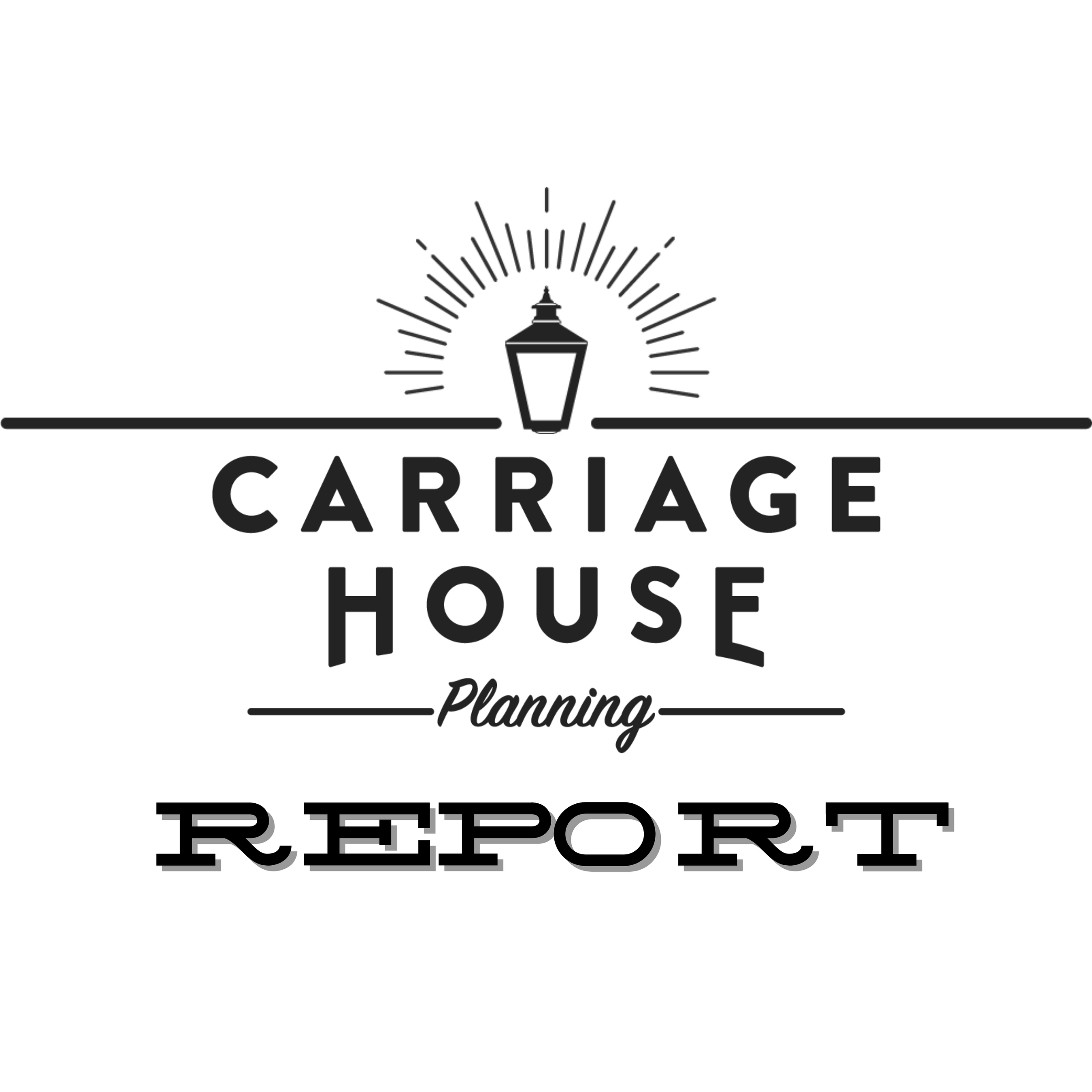
On FTX and the CBDC
There is a secret hiding in the shadows of the FTX collapse that will impact every American in untold ways. Unfortunately, few have any idea what is happening.

The “R” Word: A Scary Halloween Special
Retirement is a bad word in our opinion. Not only is it riddled with implied meanings but it is also a word that conflicts with us, subconsciously.
You may be pursuing the goal of one day becoming "retired", or perhaps you already are. Either way, consider replacing this one word in your vocabulary and you may be surprised at what else changes.

One Size Does Not Fit All
A controversial take on Financial Planning, from a long-time financial planner.


The Hidden Benefits of Planning (and taking) a Vacation
A special episode I recorded while on the road with my family. Some thoughts about how planning a vacation may reveal just how valuable financial planning can be.

Better Understanding College Expense Planning
Have you ever wondered how it could be that college cost inflation has doubled that of wages over the past 30 years? It would seem that the cost to earn a degree should rise in lockstep with that of wages, as society more and more insists that a college degree is required to have an opportunity to make an honest living. Well, we know this isn’t the case.
Today we explore a little history on how and why college costs have skyrocketed while wages have not. We then look at these driving forces to better understand what we may expect in the years ahead as we plan for the education of the next generation.
We discuss the best strategies for planning for college costs. We also uncover how grandparents, family, and friends may most effectively help a student fund their education goals. And we talk about some lesser known strategies which may be more appropriate depending on your personal circumstances and needs. Today on the Carriage House Planning report: Better understanding college expense planning.

Tax Planning Should Be Active, Not Reactive
We have a huge problem in America - a common problem we all share. We have an absurdly complex tax code. Not only does this complexity lead to significant inefficiencies, but it also leads most Americans to ignore taxes until the year is over. This is further exacerbated by the fact that many financial professionals and tax planners do not insist on looking at taxes from an active point of view. Instead, taxes are addressed reactively. This leads to significant inefficiencies, often a higher tax bill than necessary, and worst of all, many Americans sorely miss the tax planning strategies that could benefit them over the long term.
Today we discuss a number of considerations to help you better understand the opportunities that may exist for you, why these opportunities may offer a great benefit to you, and we also clear up some common misconceptions.

Controllables & Uncontrollables
Are you focusing your energy and attention on variables that you can actually control? You may be surprised when you really think about it.

To know where we are headed, it helps to know where we have (really) been.
Welcome to 2022. A year that will reward the disciplined and remind us all of why a plan is so critical for long-term financial success. Let’s recap the bizarro world we have witnessed over the past two years, the decisions made, and the repercussions and consequences capital markets will face as a result of those decisions. Then, let’s wrap up with what you should consider as we embark on the journey through the year ahead.


Planning for the Hidden Tax Changes Not Being Discussed (part 1)
Income taxation always gets the public's attention. Corporate taxes also serve as good fodder for the masses. But the tax changes that impact the most people often never make it into the public discourse. Be it due to the tax code's incredible complexity, or other, the changes that we should be planning for do not garner the same public attention or outcry. For this reason, they are often the most likely changes to be passed, and they are done so quietly while everyone's attention is directed elsewhere. Today we are going to change that by highlighting what the Government sees as a golden egg-laying goose, and they are eager to tax that goose. While you are being told the only people who may see a tax change are those making more than $400K, the reality is far more sobering.
